Public Outrage Thwarts Chick-Fil-A’s Ambitious Tennessee Store Expansion
In the small town of Collierville, Tennessee, a battle was brewing between the beloved fast-food chain Chick-fil-A and local residents. Chick-fil-A’s plans to build a “mega” restaurant, complete with modern amenities, sparked controversy.
The proposal included features such as an indoor playground, dual drive-thru lanes, and a larger dining area. But the charm of this small town was at stake, and the residents were ready to protect it.
The Vision of a Mega Chick-fil-A
Chick-fil-A envisioned a grand expansion in Collierville. The proposed 6,110-square-foot restaurant was more than a typical fast-food outlet; it was to be the “latest greatest prototype” in the Chick-fil-A chain.
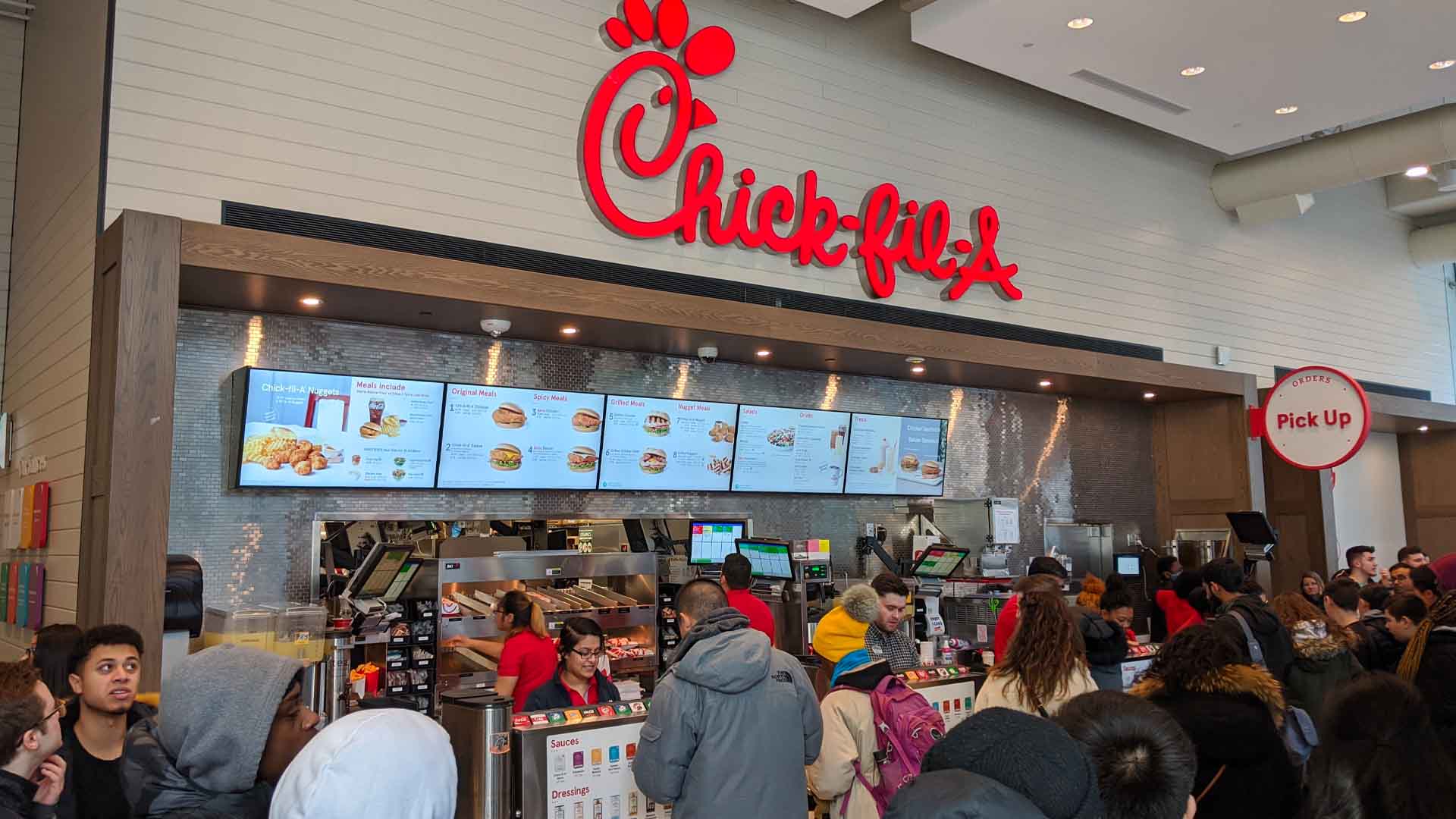
Source: Sikander Iqbal/Wikimedia Commons
With a 300-square-foot playground, ample dining space, and efficient drive-thru lanes capable of handling 43 cars, this project promised to bring a new dining experience to the town.
Small Town, Huge Concerns
The residents of Collierville, while fond of Chick-fil-A’s offerings, had serious reservations. Their main concern? The anticipated increase in traffic.
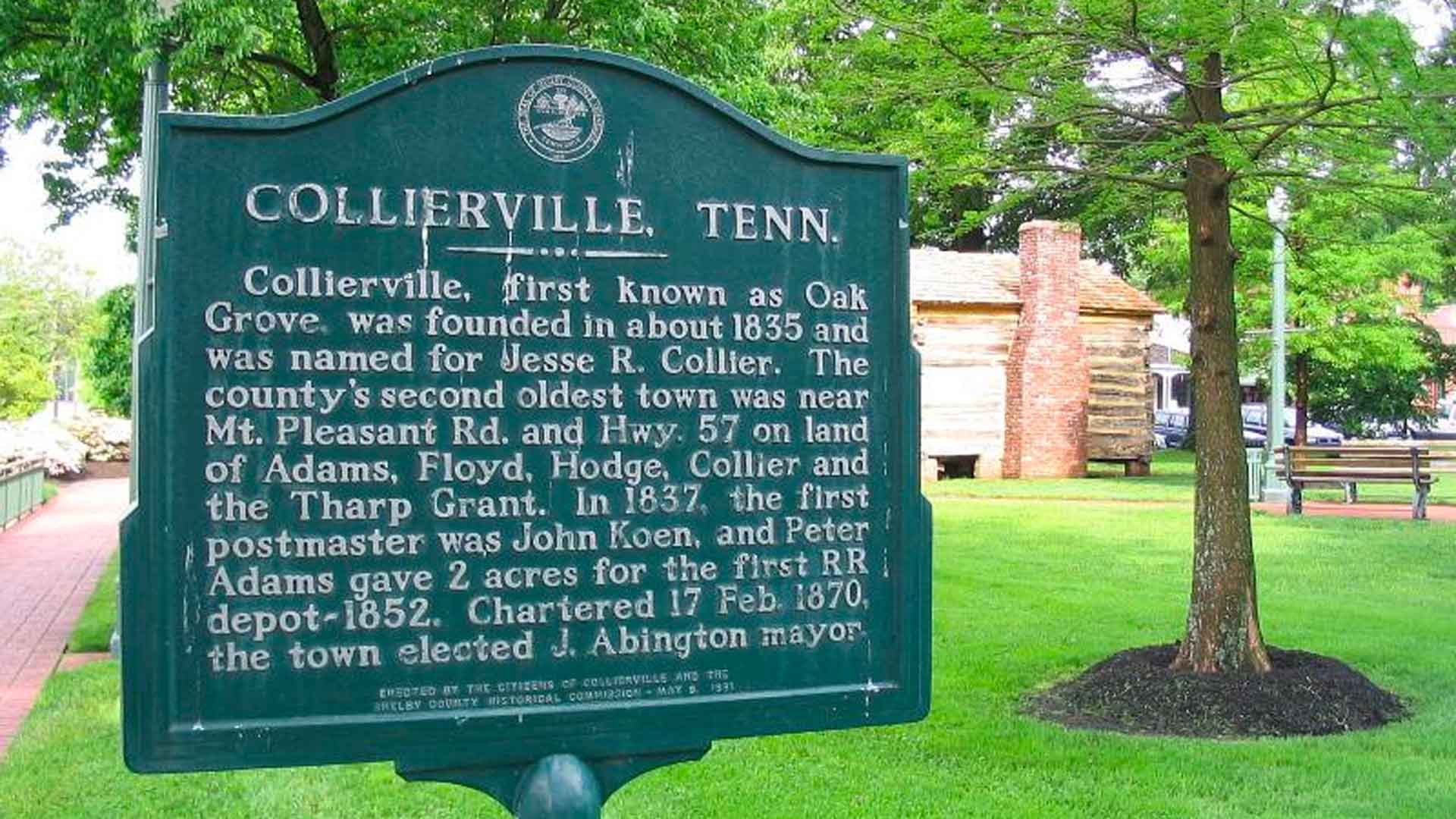
Source: Dyoxin/Pexels
The new mega restaurant, with its larger capacity and appeal, threatened to bring long, snaking lines of cars, disrupting the town’s tranquility and clogging its roads.
Going Against the Giant
The opposition was not a mere whisper; it was a roar. Collierville’s residents didn’t just express their concerns. Rather, they got organized.
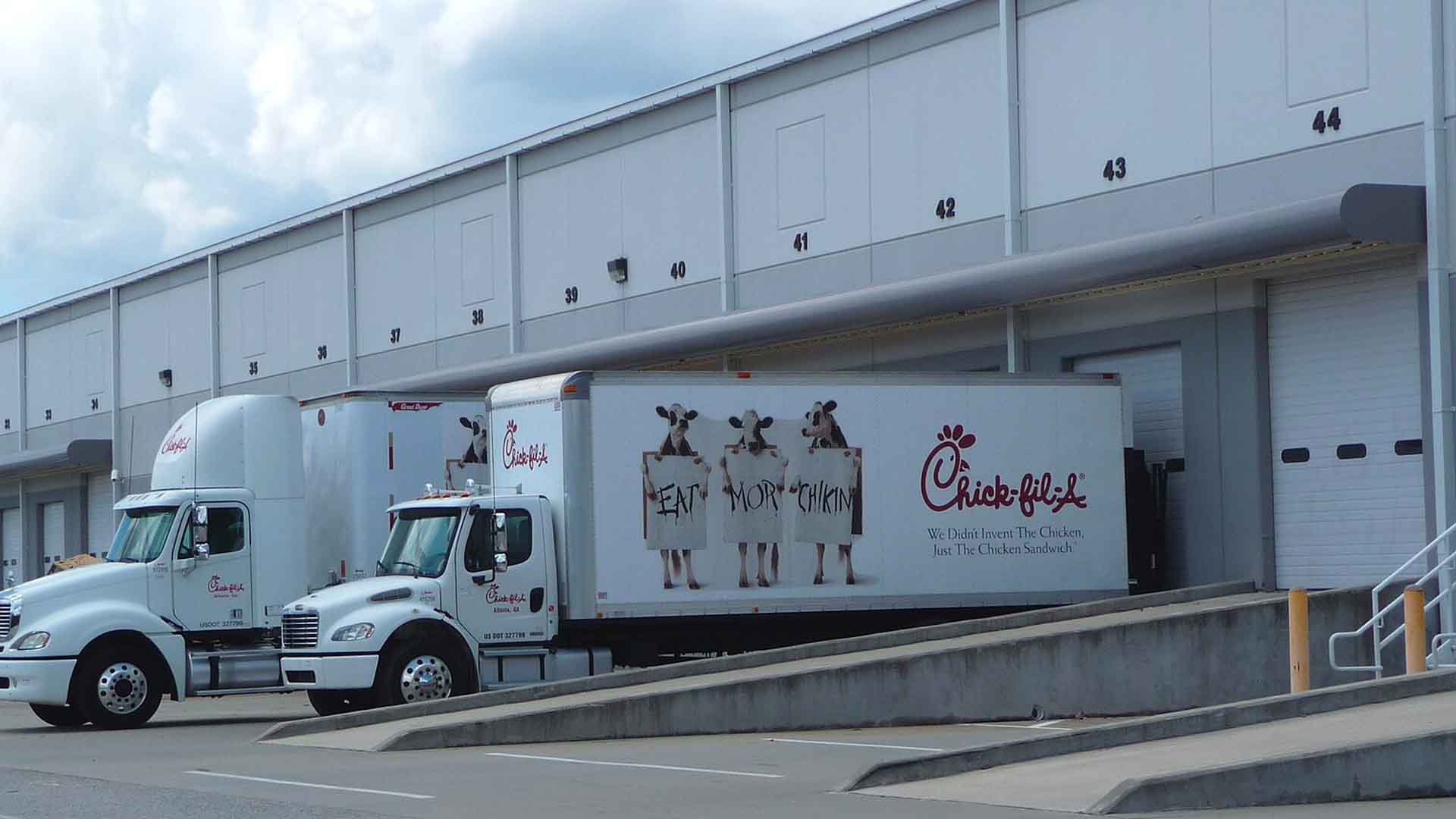
Source: Mav/Wikimedia Commons
Their efforts included a detailed traffic analysis, showcasing the potential negative impact of the new Chick-fil-A on their community
Traffic Concerns at the Forefront
The crux of the matter lay in the traffic problems that the new restaurant could bring. The proposed location, with access via a two-lane road, seemed ill-equipped to handle the potential influx of Chick-fil-A patrons.
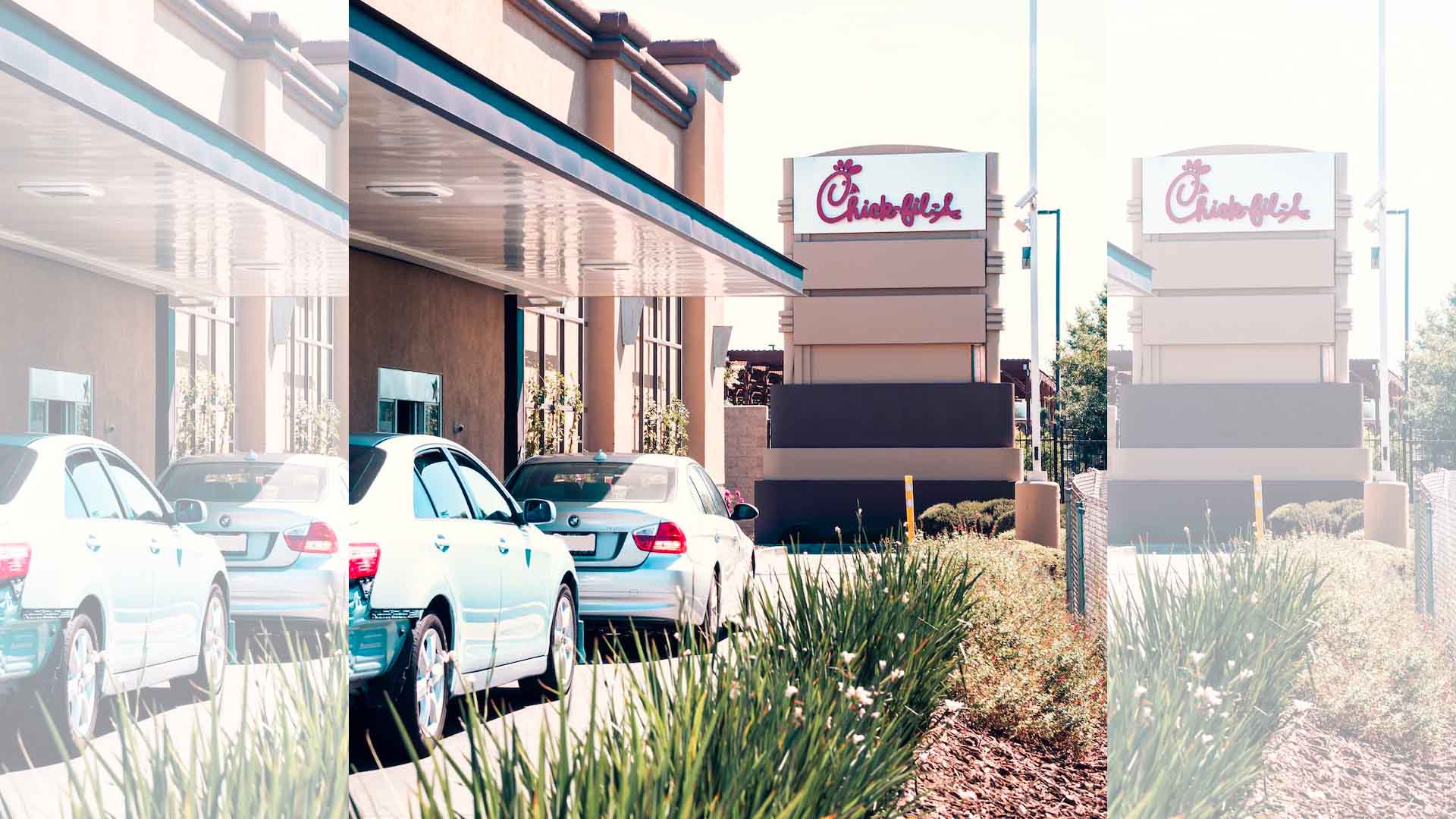
Source: Jace Miller/Pexels
Residents feared that this expansion would transform their peaceful streets into busy roads.
A Decision in Favor of the Community
The city’s leaders, after hearing the community’s outcry, made a decisive move. The Collier Board of Mayor and Aldermen voted 5-1 against Chick-fil-A’s relocation project.

Source: EKATERINA BOLOVTSOVA/Pexels
This decision wasn’t just a statement about a single building project—it was a stand for the community’s quality of life and a testament to the residents’ influence.
Urban Planning Meets Community Needs
This episode in Collierville serves as a prime example of the critical role of urban planning in aligning with community needs. It’s not just about economic growth and corporate expansion.

Source: Lukas/Pexels
It’s important to ensure that such developments harmonize with the lives of the people who call these towns home.
Chick-fil-A's Future Moves
While Chick-fil-A’s initial plan was rejected, the story doesn’t end there. The chain, known for its strong community presence, now faces the challenge of rethinking its strategy.
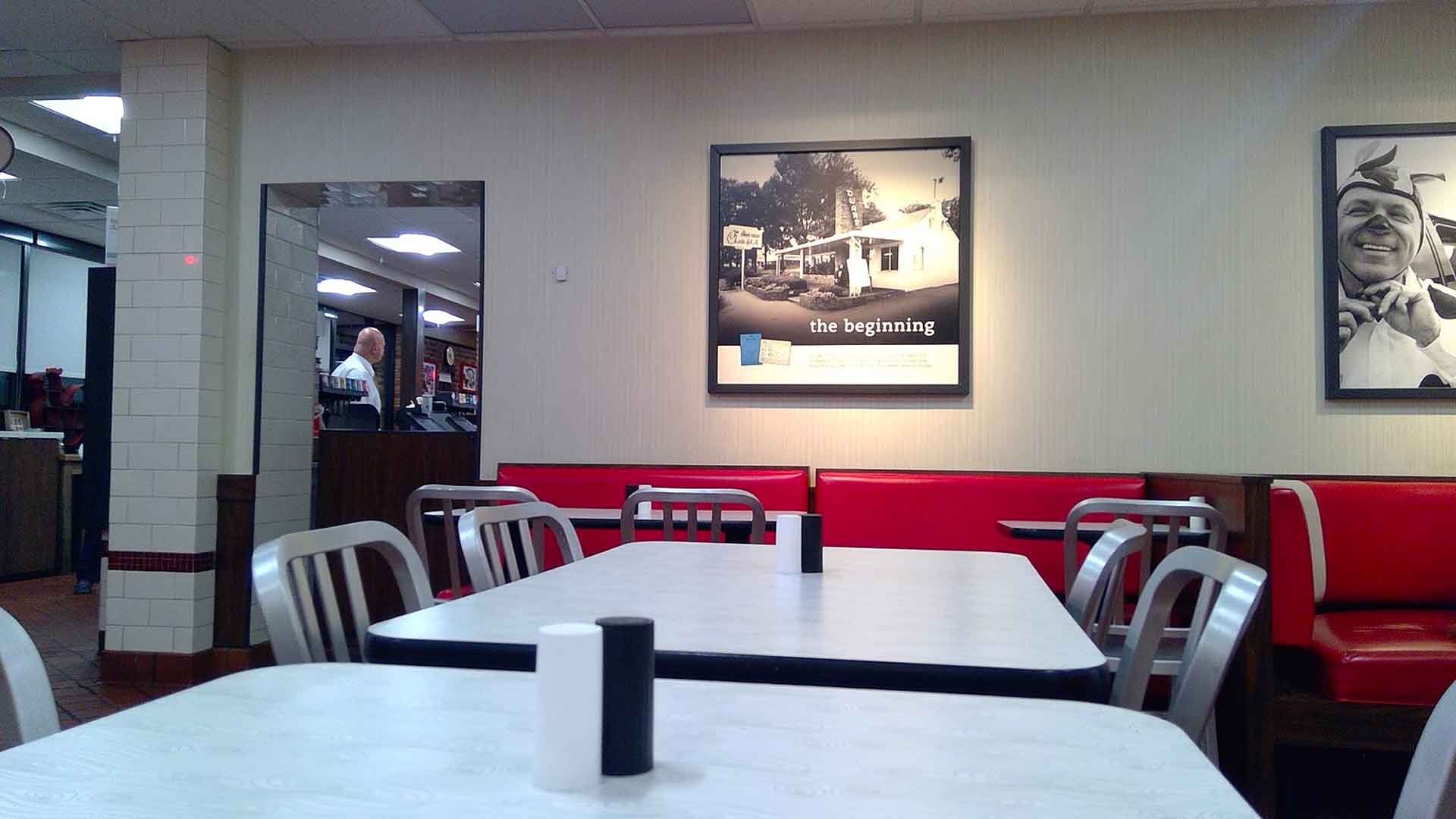
Source: Ser Amantio di Nicolao/Wikimedia Commons
The next step involves submitting a new plan that aligns with town regulations and addresses the community’s concerns.
Public Opinion Shaping Development
This case highlights the influential power of public opinion in urban development. In Collierville, residents didn’t just react to a corporate decision—they actively shaped it.

Source: Freepik
Their involvement exemplifies how community voices can steer the direction of development in small towns.
A Lesson for Other Communities
What happened in Collierville offers valuable lessons for other communities facing similar challenges.

Source: Freepik
It shows that when residents are engaged and vocal, they can have a significant impact on decisions that affect their environment and daily lives.
Balancing Development and Well-being
The Collierville case also highlights the importance of balancing economic development with community well-being.
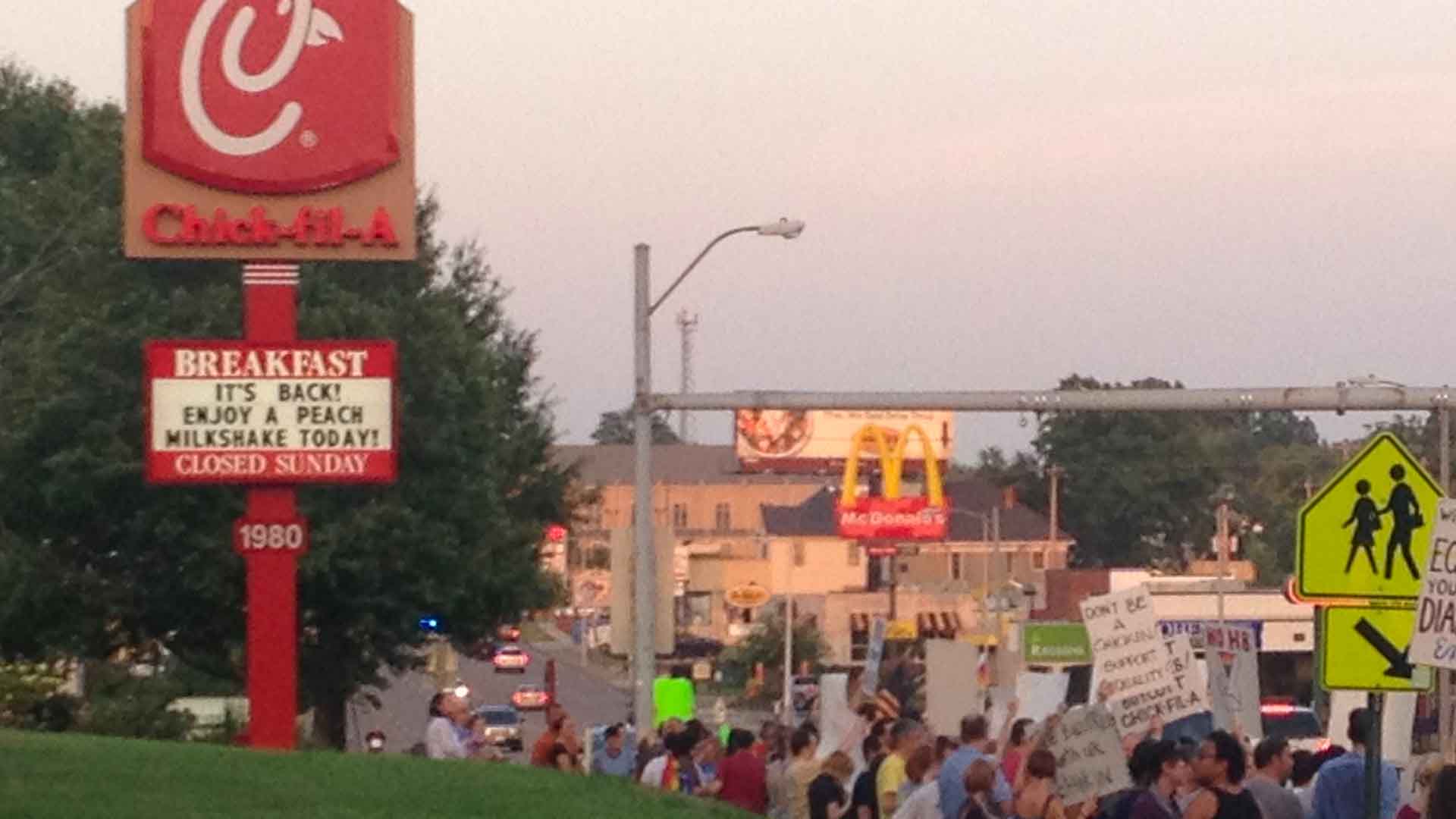
Source: Theopolisme/Wikimedia Commons
It’s a delicate act, ensuring that while towns grow and evolve, they also maintain their character and meet the needs of their residents.
Collierville: Looking Ahead
As Collierville turns the page on this chapter, the future holds new discussions and decisions about its development.
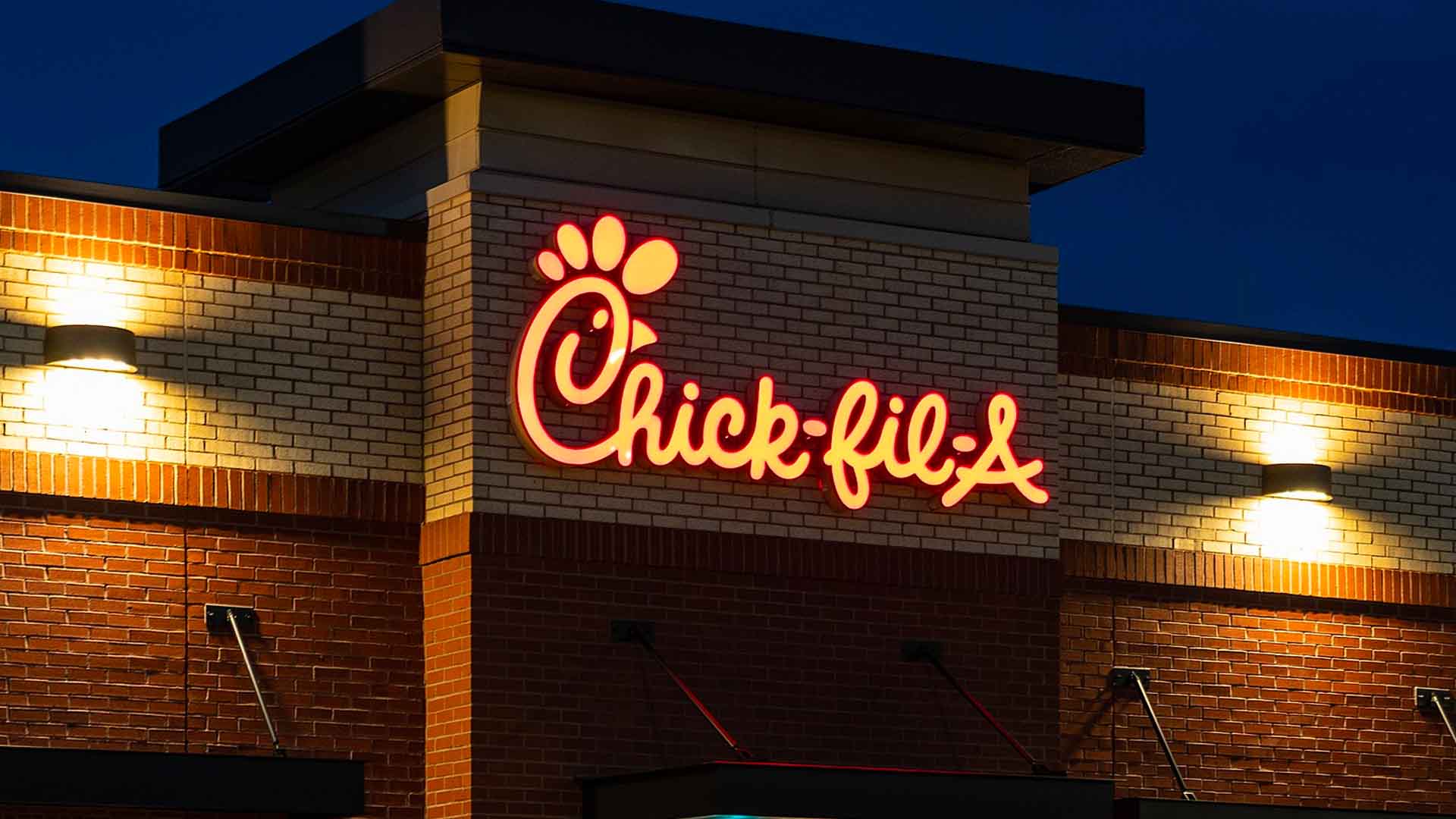
Source: Tony Webster/Wikimedia Commons
This experience has fortified the community, proving that even in the face of large corporate plans, the collective voice of a small town can resonate loudly and effect change.
